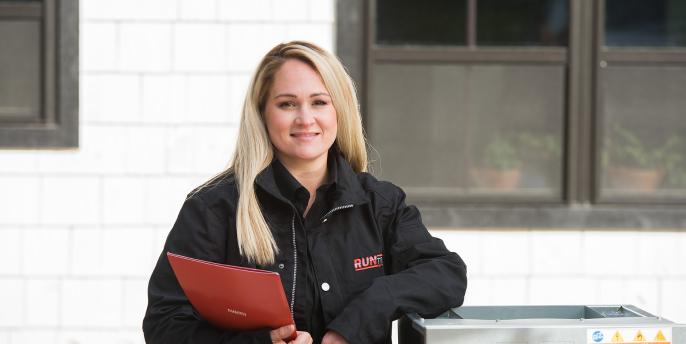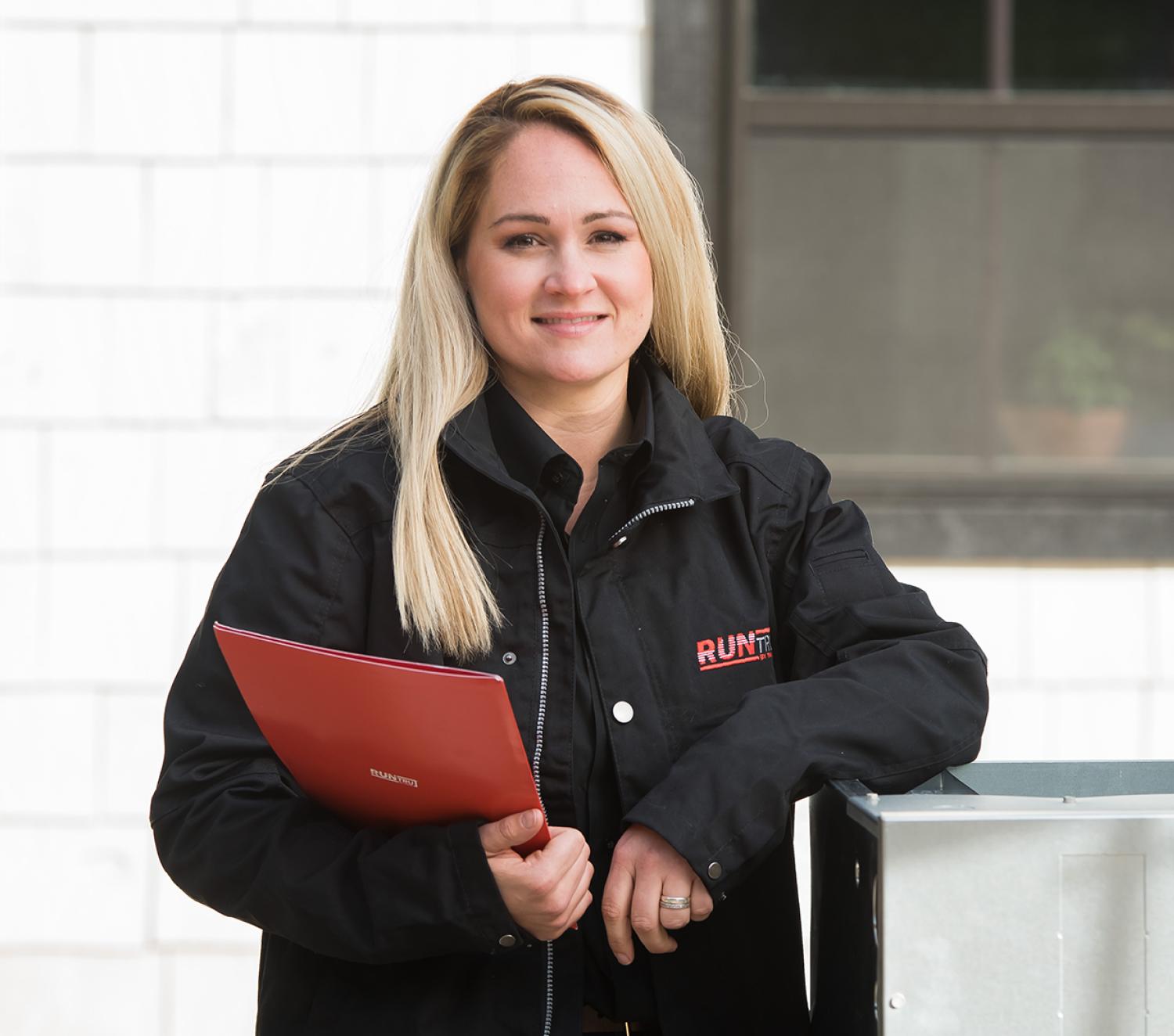Tax Credits & Rebates
Maximize your savings on a new HVAC system with rebates, tax credits, and special offers – including new incentives from the Inflation Reduction Act. Your wallet will thank you.
What is the Inflation Reduction Act?
The Inflation Reduction Act (IRA) which was signed in August 2022, dedicates nearly $370 billion to climate and energy programs. The act incentivizes and rewards homeowners who purchase qualifying, high-efficiency HVAC systems.
 For eligible equipment installed prior to Dec. 31, 2022
For eligible equipment installed prior to Dec. 31, 2022
The Inflation Reduction Act extended the Internal Revenue Code Section 25C, also known as the Non-Business Energy Property Tax Credit. The extension allows eligible homeowners with qualifying equipment installed prior to Dec. 31, 2022, to claim a tax credit between $50 and $300, or in some cases, 10% of the installed costs (up to $500 maximum).
 For eligible equipment installed after Jan. 1, 2023
For eligible equipment installed after Jan. 1, 2023
The Inflation Reduction Act expanded and renamed the 25C tax credit, known as the Energy Efficient Home Improvement Tax Credit, to offer higher incentives and annual (not lifetime) limits to eligible homeowners with qualifying equipment installed January 1st, 2023 through December 31st, 2032.
Homeowners who meet the requirements may be eligible to claim up to $600 for qualified air conditioners and furnaces, and up to $2,000 for qualified heat pumps, or 30% of the installed costs (up to $1,200 maximum).
Special offers in your area
 How do I apply for a tax credit?
How do I apply for a tax credit?
For qualified HVAC improvements installed prior to Dec. 31, 2022, homeowners may be able to claim 25C tax credit equal to 10 percent of the installed costs (up to $500 maximum). The extended tax credit is in effect for all qualifying systems and products installed during the 2018 through 2022 calendar years and expires on December 31, 2022. Subject to IRS regulations, tax credits apply as a direct reduction of taxes owed.
The IRS has directed taxpayers to use Form 5695 to calculate and file for their residential energy credits. Customers should consult with a tax professional to fully understand how the tax credits may apply to you, what you can do to obtain one, and for advice on tax preparation.
 What are rebate programs?
What are rebate programs?
In addition to tax credits, rebate programs offered by state programs and local utilities might be another way to save on HVAC systems. As of December 2022, the energy efficiency rebate programs outlined in the Inflation Reduction Act are still awaiting guidance from the Department of Energy. Once the guidance is received, the rebate programs will be administered through the state energy offices.
Rebate programs vary by state and income. To learn more about rebate programs you might qualify for, talk to a representative from your state’s energy office.
Manufacturer Certificates
The below RunTru residential products qualify for a tax credit. Save these certificates for tax season and use
them when you file your federal taxes.
Split system heat pump
To be eligible for 2023 tax credits, you must meet 25C requirements based on system type and installed location:
- Split system in the south: 15.2 SEER2, 12.0 EER2, 7.8 HSPF2
- Split or packaged system in the north : 15.2 SEER2, 10.0 EER2, 8.1HSPF2, COP of 1.75 at 5F and heating capacity ratio >58% at 17°F/47°F or >70% at 5°F/47°F
Split system air conditioner
To be eligible for 2023 tax credits, you must meet both the 25C requirements of 16 SEER/12 EER.
To learn more about qualifying products and government energy-efficiency standards, visit the Federal Tax Credit page on the Energy Star website.

